5 Expert Tips to Keep Weight Off After Ozempic

You've done the hard work. You've taken the weight loss shots – whether it's semaglutide, Ozempic, or Mounjaro – and achieved your weight loss goals. But now comes the crucial part: keeping those pounds off for good. If you're wondering "what's next?" after your weight loss journey, you're not alone.
Dr. Jennifer McCann, a Board-certified OB/GYN and Obesity Medicine specialist, has been helping women optimize their health for over 12 years. With her expertise in complete women's care, hormonal health, and weight management, she offers proven strategies to maintain your success. Read on to discover five essential tips that will help you maintain your weight loss achievements and embrace a healthier lifestyle.
Prioritize Protein for Muscle Maintenance
" Protein is absolutely crucial for maintaining weight loss," explains Dr. McCann. "Your muscles are your body's calorie-burning engines, and protein is what keeps them strong." She recommends consuming one gram of protein per pound of lean body mass. This isn't just about keeping weight off – it's about maintaining your metabolism and controlling hunger.
RELATED: 20 Things You Need to Know About Ozempic and Weight Loss
Choose Your Protein Sources Wisely
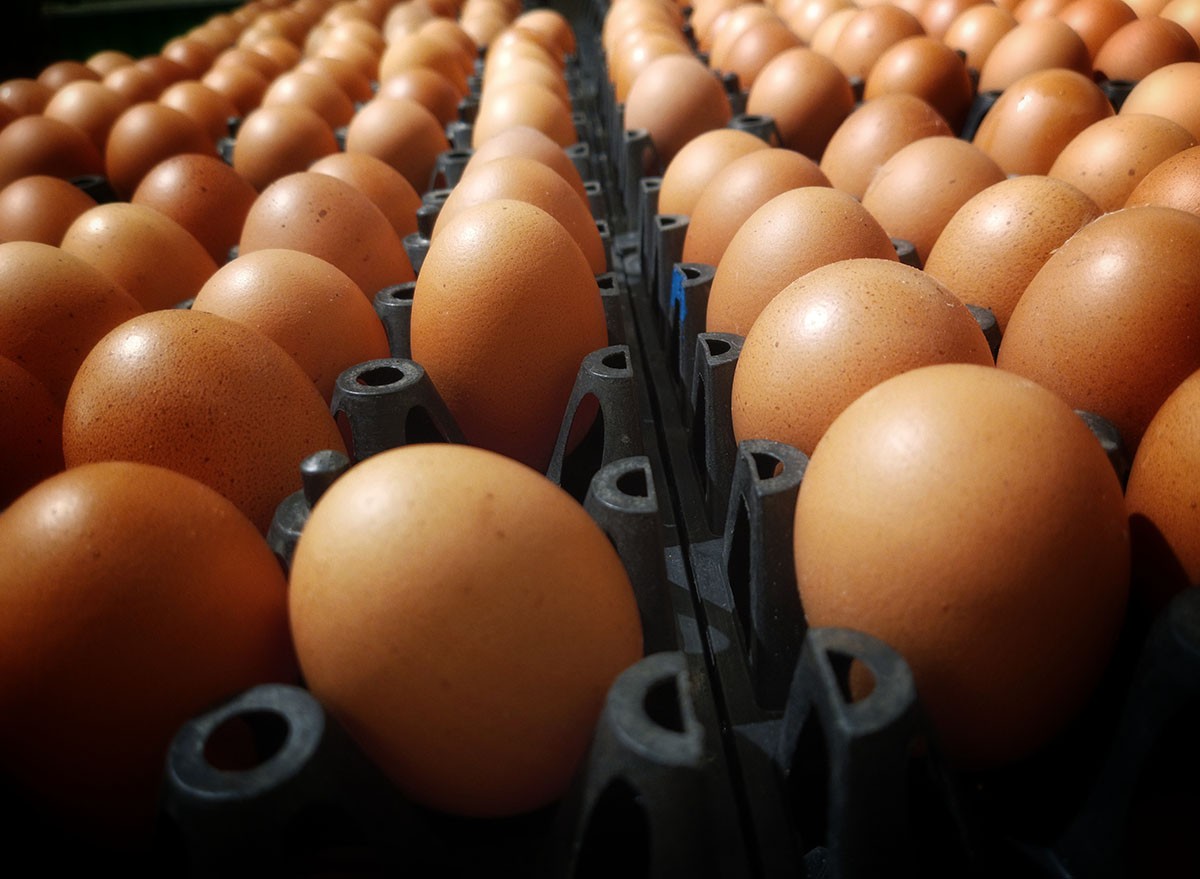
Not all protein sources are created equal, Dr. McCann emphasizes. While you need adequate protein, it should come from lean sources. Women should aim for around 35-40 grams of fat daily for maintenance, while men should target 55-60 grams. Dr. McCann suggests avoiding high-fat protein sources like Atkins supplements, whole eggs, and excessive cheese or nuts unless you're following a ketogenic diet.
Smart Protein Alternatives
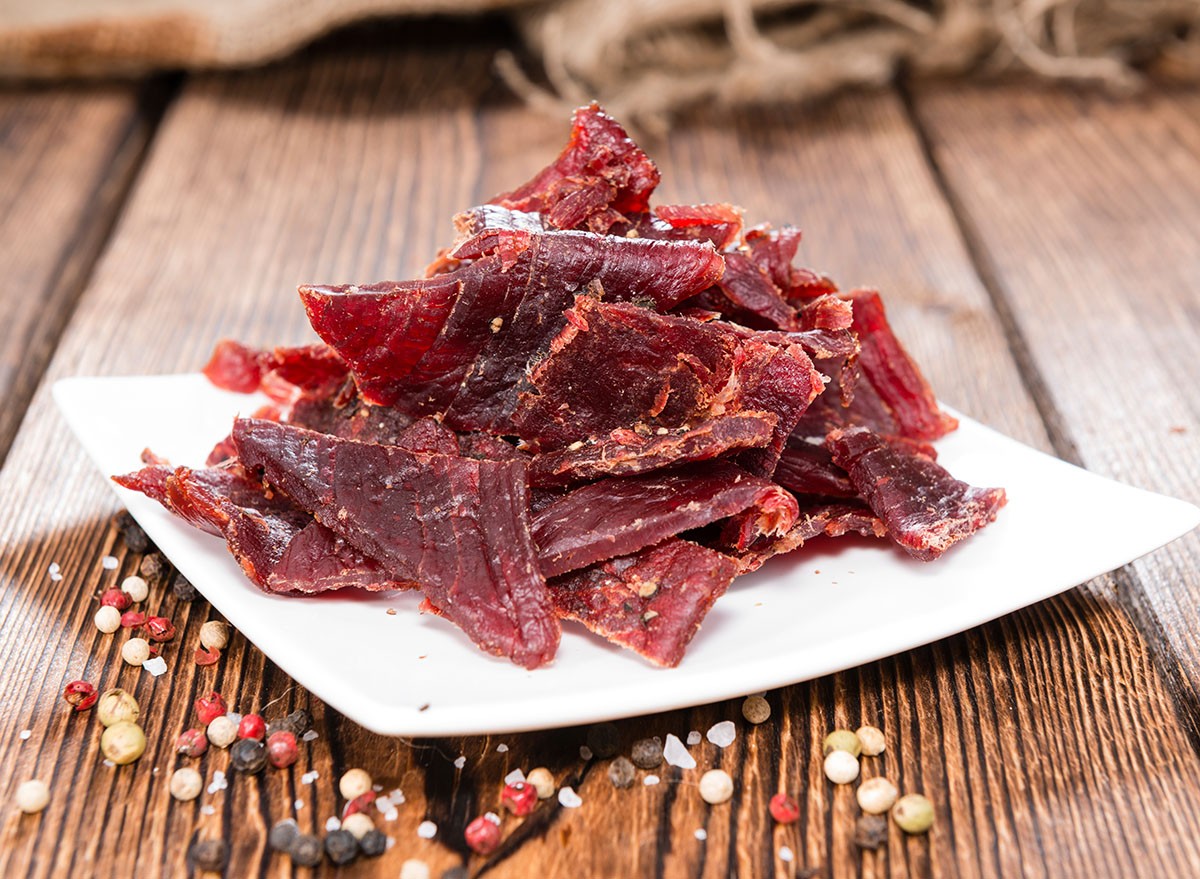
"There are plenty of protein-rich foods that won't sabotage your weight maintenance," Dr. McCann notes. She recommends:
- Beef jerky for high protein with low fat
- Fish, especially salmon, rich in omega-3s
- Whey protein supplements
- Fat-free Greek yogurt.
Monitor Your Carbohydrate Intake
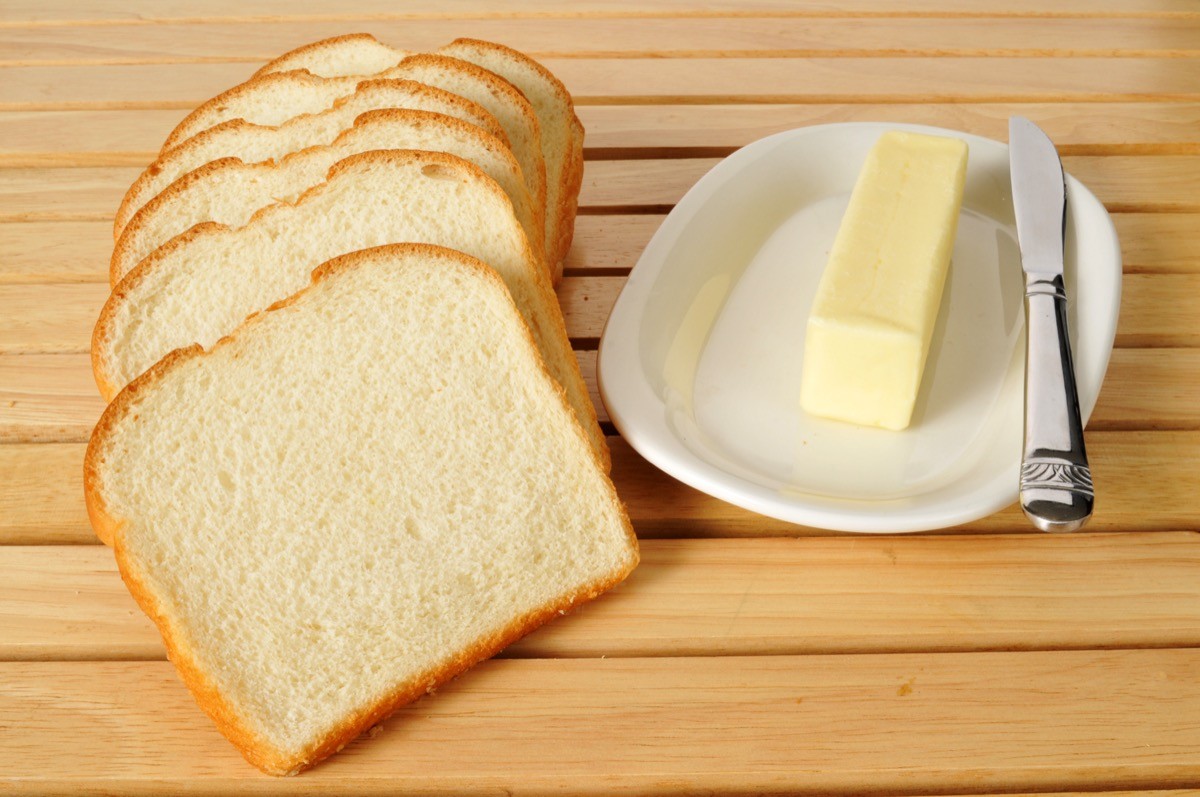
While you don't necessarily need to follow a ketogenic diet, Dr. McCann advises careful carbohydrate monitoring. "Focus on low glycemic index carbs," she says. "These won't spike your blood sugar and trigger hunger like high-glycemic options do." She recommends keeping your carb intake at or below your daily protein intake.
RELATED: 20 Possible Ozempic Side Effects
Understanding the Glycemic Index
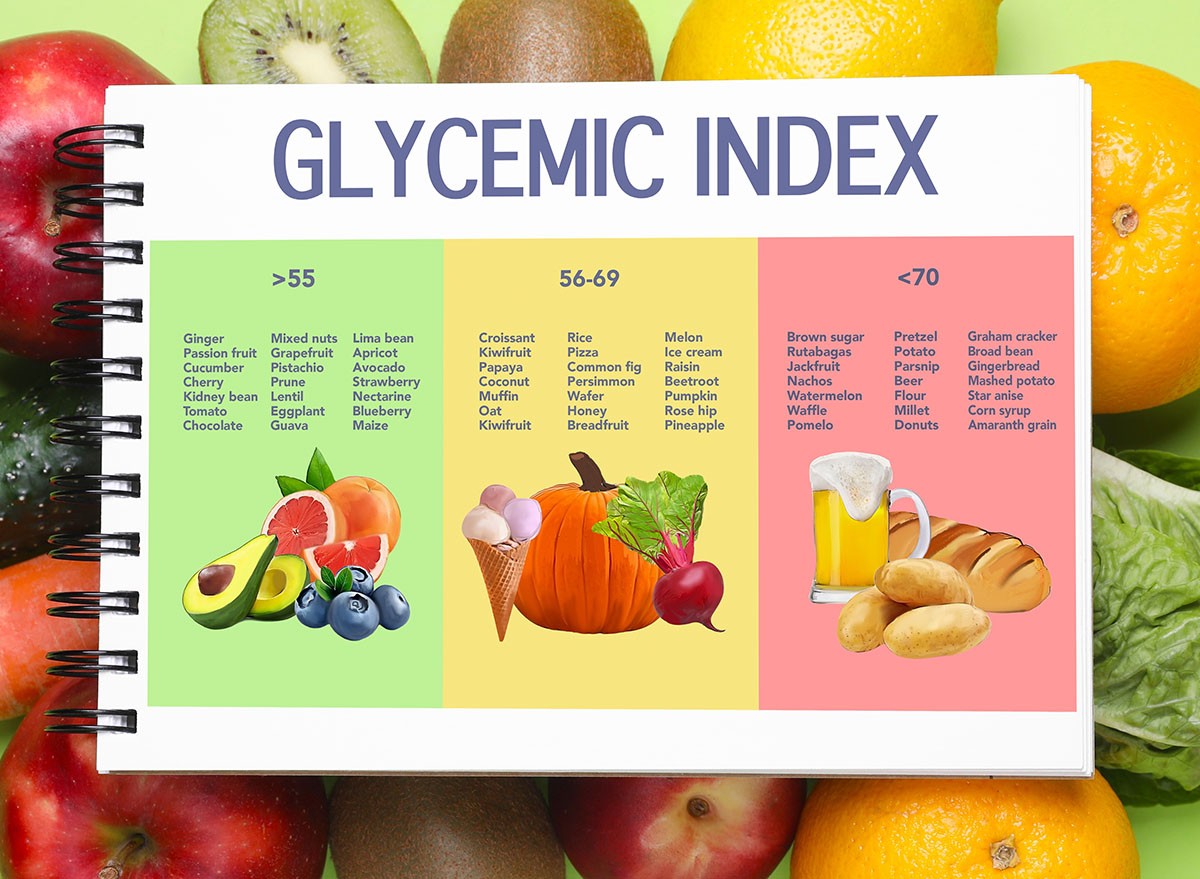
The glycemic index measures how much a food raises blood sugar, Dr. McCann explains. High-glycemic foods can lead to energy crashes and increased hunger. Even seemingly healthy choices like oatmeal or cereal can cause this effect, which is why understanding and choosing low-glycemic options is crucial for weight maintenance.
Eliminate Sugar, Especially in Drinks

"One can of soda a day for a year will make you gain 15 pounds," Dr. McCann warns. She strongly advises eliminating all sugary drinks, including:
- Sodas
- Slushies
- Sweetened coffee drinks
- Any sugar-heavy beverages
Instead, try coffee with skim milk or a skinny latte for a protein-rich alternative that helps curb hunger.
Exercise: The Non-Negotiable Factor[

Exercise isn't optional for long-term weight maintenance, but Dr. McCann assures it doesn't have to be overwhelming. "You don't need to spend hours at the gym," she says. "Even 20 minutes of high-intensity interval training (HIIT) can be effective for maintaining muscle mass and metabolism."
RELATED: What Happens to Your Body When You Stop Taking Ozempic
Making Exercise Work for You

If you have physical limitations, Dr. McCann recommends consulting a specialist to develop an appropriate exercise plan. The goal is to find activities that build and maintain muscle mass while fitting into your lifestyle and physical capabilities.
Creating Sustainable Habits

Success in maintaining weight loss comes from combining all these elements into sustainable daily habits, Dr. McCann emphasizes. This means:
- Consistently choosing lean proteins
- Monitoring carbohydrate intake
- Avoiding sugary drinks
- Maintaining regular exercise
- Making adjustments based on your body's response.
RELATED: 20 Things to Avoid While on Ozempic
Monitoring and Adjusting
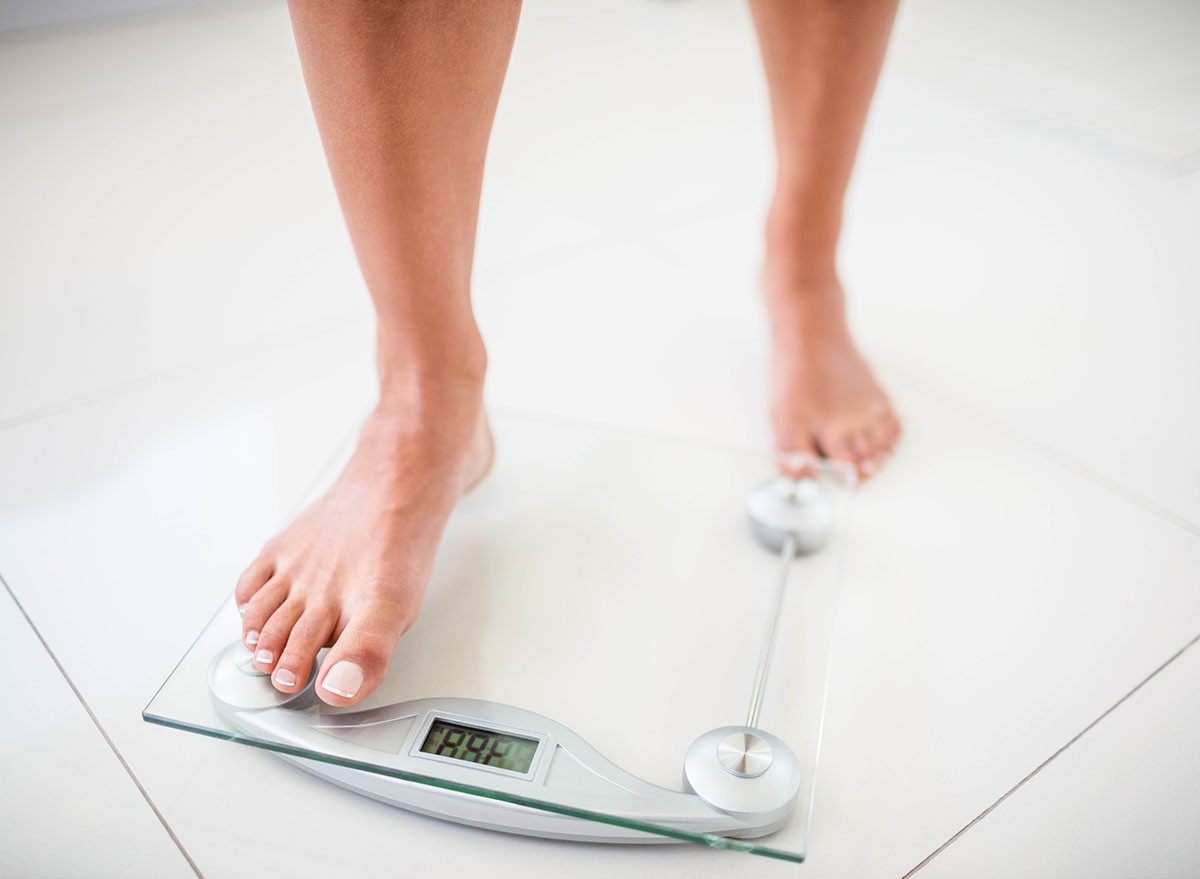
Dr. McCann recommends regular monitoring of your progress and making adjustments as needed. If you notice weight gain, reduce fat intake slightly. If you're maintaining well, you can be a bit more flexible while still following these core principles.
Remember, maintaining weight loss is a journey, not a destination. By following these evidence-based strategies from Dr. McCann, you can build a sustainable lifestyle that helps you maintain your weight loss success for the long term. And if you enjoyed this article, don't miss 20 Incredible Ozempic Success Stories of All Time.




